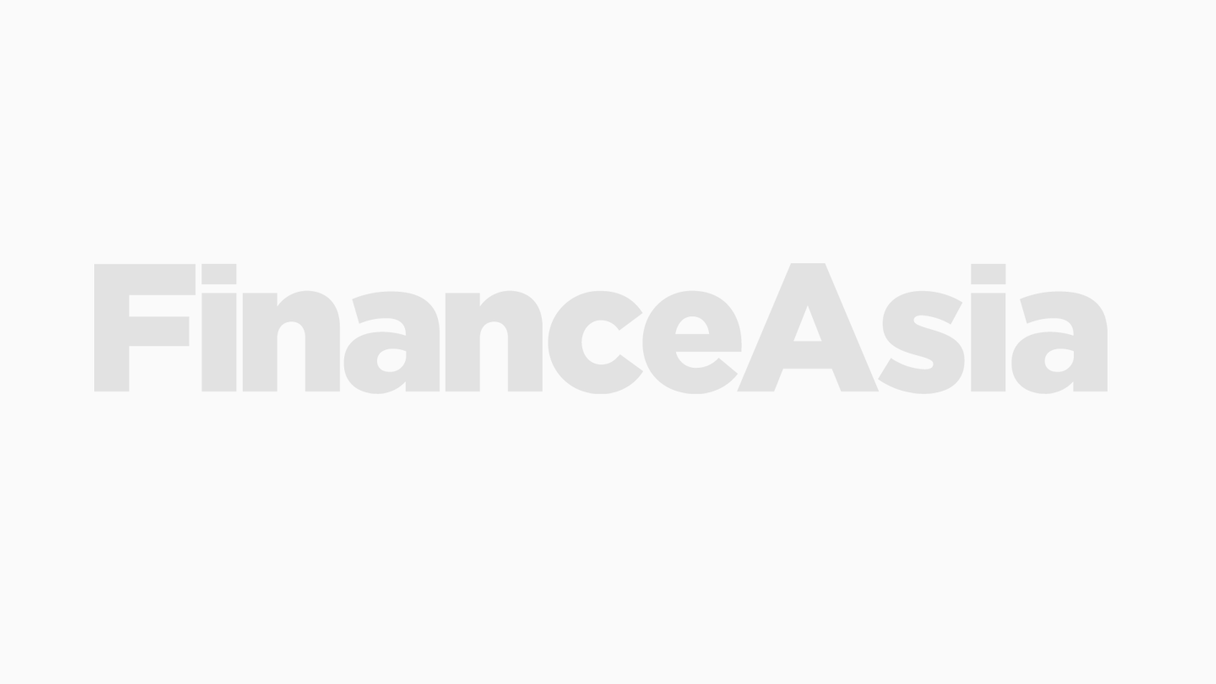Roadshows for the pioneering issue are provisionally scheduled to begin in Hong Kong on Friday before moving to Europe and the Middle East next week, then back to Asia for pricing the middle of the week beginning June 24.

Roadshows for the pioneering issue are provisionally scheduled to begin in Hong Kong on Friday before moving to Europe and the Middle East next week, then back to Asia for pricing the middle of the week beginning June 24.
Free Registration & 7-Day Trial
Register now to enjoy a 7-day free trial - no registration fees required. Click the link to get started.
Note: This free trial is a one-time offer.
Questions?
If you have any enquiries or would like a quote for a team or company licence, please contact us at [email protected]. Our subscription team will be happy to assist you.